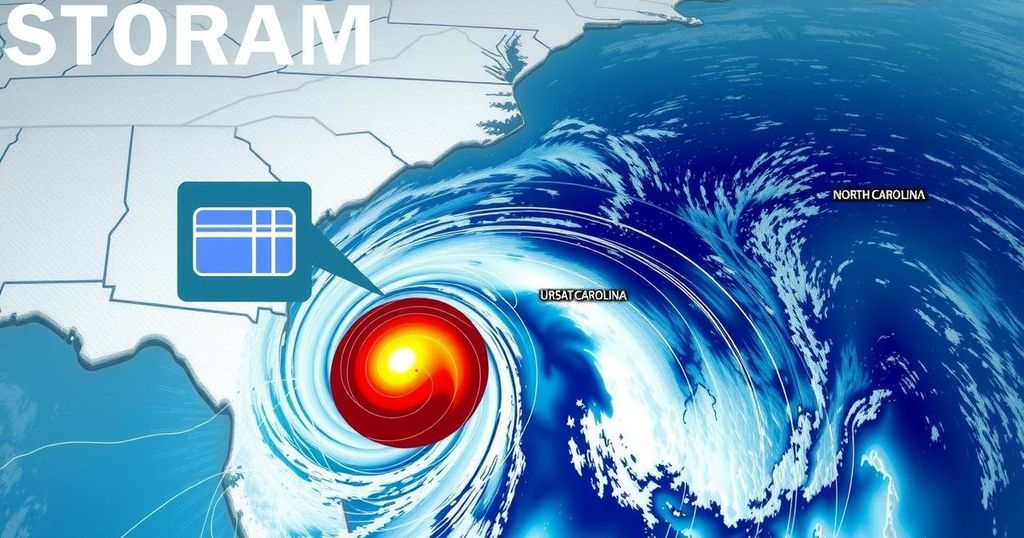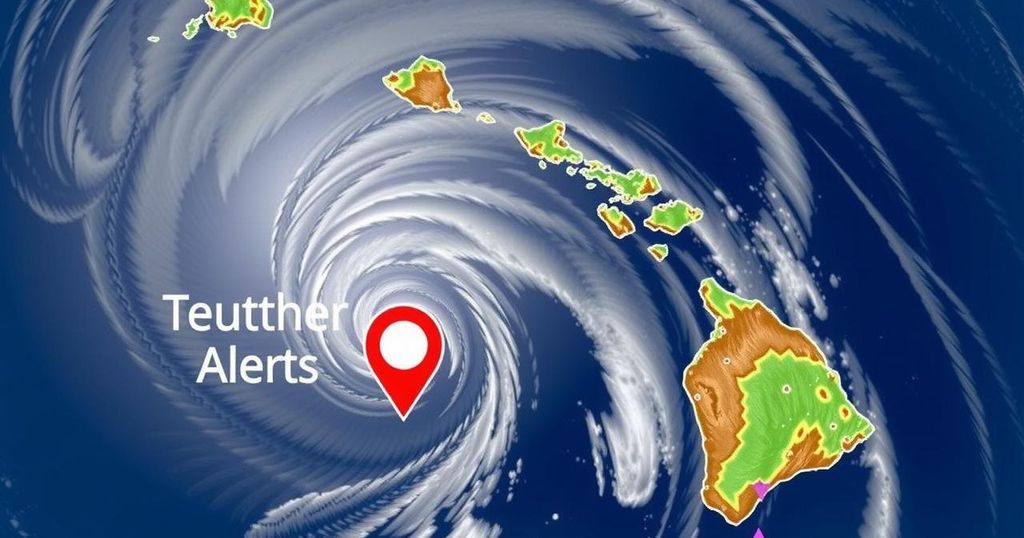Weather
World news
AFRICA, BAI, BAIRRO CARIACO, EVACUATIONS, GOVERNMENT - LED TECHNICAL COUNCIL FOR DISASTER MANAGEMENT, INGD, METEOROLOGY, MOZAMBIQUE, NATIONAL INSTITUTE FOR DISASTER MANAGEMENT, NATITE, NATURAL DISASTERS, PEMBA, RAIN, TECHNICAL COUNCIL FOR DISASTER MANAGEMENT, TETE, WEATHER, WEATHER FORECAST, WFP
Aisha Khan
0 Comments
Mozambique Prepares for Impact of Intense Tropical Cyclone Chido
Tropical Cyclone Chido is set to impact Pemba, Mozambique, on December 15 as an Intense Tropical Cyclone. Expected rainfall may reach 200mm, with winds of up to 120 km/h threatening 1.7 million people primarily in Cabo Delgado. Preparedness efforts include activating early warning systems and prepositioning resources to safeguard vulnerable populations.
Tropical Cyclone Chido is anticipated to strike Pemba, Cabo Delgado, on December 15, manifesting as an Intense Tropical Cyclone. The cyclone is forecasted to bring severe weather conditions, including rainfall reaching up to 200mm within 24 hours and winds approaching 120 km/h, paralleling the intensities of previous cyclones, Gombe and Freddy. An estimated 1.7 million individuals are at risk, particularly in Cabo Delgado, where one million could face destructive winds exceeding 120 km/h.
The National Institute for Disaster Management (INGD) is actively preparing for the cyclone, positioning resources and personnel to vulnerable areas. An Emergency Preparedness and Response (ERP) Plan has been activated by the Humanitarian Country Team (HCT), reinforcing readiness and early action initiatives. Furthermore, local authorities are conducting risk assessments and monitoring river basins, which are currently below alert levels but may rise under projected rainfall.
In anticipation of the cyclone, the government has issued an orange alert, with instructions for provincial Emergency Operations Centers (COEs) to activate their protocols. Early warning systems are in place to communicate with at-risk populations via SMS, radio, and television, urging evacuations where necessary. Numerous accommodation centers for those affected are being established by INGD, alongside anticipatory actions for pilot districts in Nampula.
Coordination among humanitarian partners is ongoing through the Area Humanitarian Country Team, consolidating resources to respond effectively to the impending disaster. The Humanitarian Coordinator is in touch with regional and headquarters entities to assess whether the UNDAC may be deployed, contingent on the cyclone’s impact.
As Mozambique faces the looming threat of Tropical Cyclone Chido, urgent preparedness measures are being implemented in anticipation of severe weather conditions. This cyclone has potential ramifications similar to past cyclones that caused significant damage and disruption. The areas most affected, primarily Cabo Delgado, are already grappling with existing public health challenges, including a cholera outbreak. This background highlights the necessity for coordinated disaster response mechanisms as the country mobilizes to safeguard vulnerable populations against looming natural disasters.
In summary, the impending arrival of Tropical Cyclone Chido poses a considerable threat to Mozambique, particularly in Cabo Delgado. With the government and disaster management agencies working diligently to prepare and respond effectively, the focus remains on protecting those at risk from severe weather impacts. Ongoing communication and coordination among humanitarian stakeholders will be pivotal in addressing this situation as it unfolds.
Original Source: reliefweb.int




Post Comment